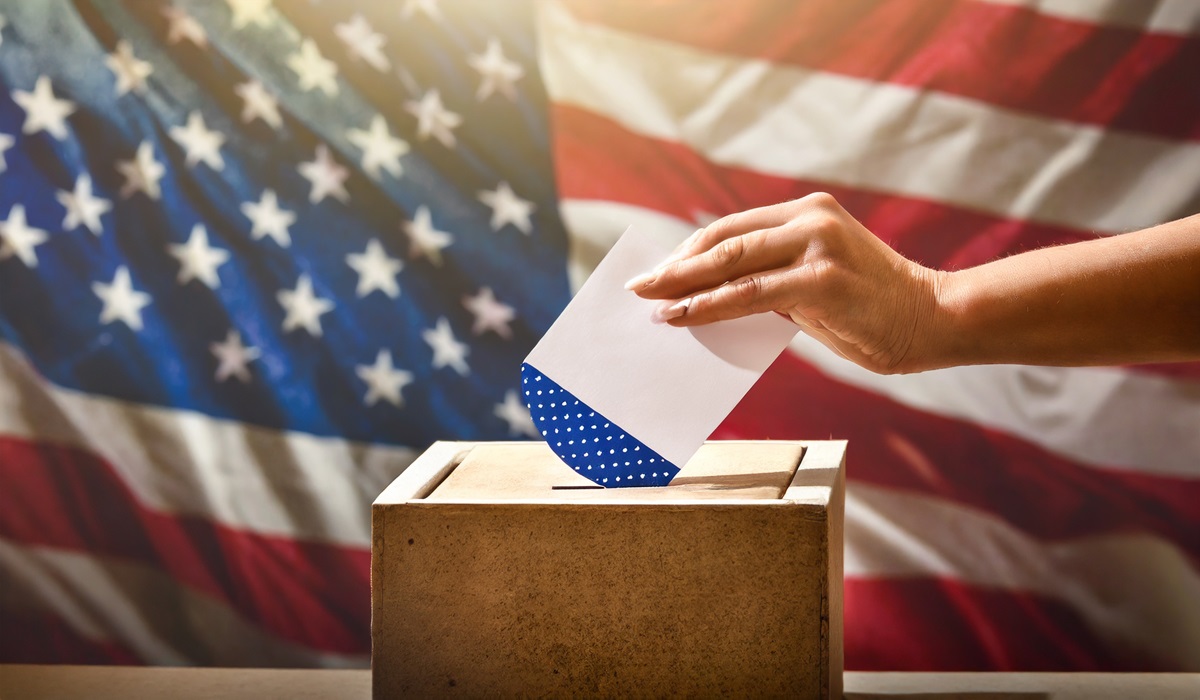Examining Subjectivity in Voter Fraud Claims: Heartland/Rasmussen Recent Poll
- Kingston Bailey
- U.S.A
- December 13, 2023

Recent findings from The Heartland Institute and Rasmussen Reports’ joint poll have ignited discussions on voter fraud in the 2020 presidential election. The revelation that one-in-five mail-in voters admit to engaging in fraud raises concerns about election integrity.
The survey, conducted from November 30 to December 6, 2023, included 1,085 likely voters, providing insights into alleged irregularities in the 2020 election. Among mail-in voters, 21% confessed to filling out a ballot on behalf of others but requires more context, while 17% admitted voting in a state where they were no longer permanent residents.
With over 43% of 2020 voters opting for mail-in ballots, the poll’s implications are extensive. However, critics argue that the subjective nature of polling and the framing of questions can shape outcomes to fit certain narratives.
In light of these results, it is imperative to scrutinize how the questions were conducted, by whom, and whether the survey represents a diverse cross-section of society. While the poll suggests widespread voter fraud, it is crucial to challenge the notion that the last election was insecure, as conclusive evidence of significant tampering remains lacking.
The call to revert to in-person voting, primarily championed by the Republican party, is another contentious narrative. Critics argue that such a move may alienate large sections of society and overlook the benefits and accessibility of mail-in voting.
Justin Haskins, Director of the Socialism Research Center at The Heartland Institute, expressed concern over potential fraud but acknowledged the need for a nuanced examination. “A democratic republic cannot survive if election laws allow voters to commit fraud easily,” Haskins stated, emphasizing the importance of addressing vulnerabilities without compromising accessibility.
As the nation reflects on the 2020 election, these findings underscore the urgency for transparent, well-structured polling methodologies and comprehensive reforms in election processes. Ones that often are detrimental to minority and marginalized voters. Balancing security concerns with inclusivity remains a paramount challenge in safeguarding the democratic foundation of the United States.








